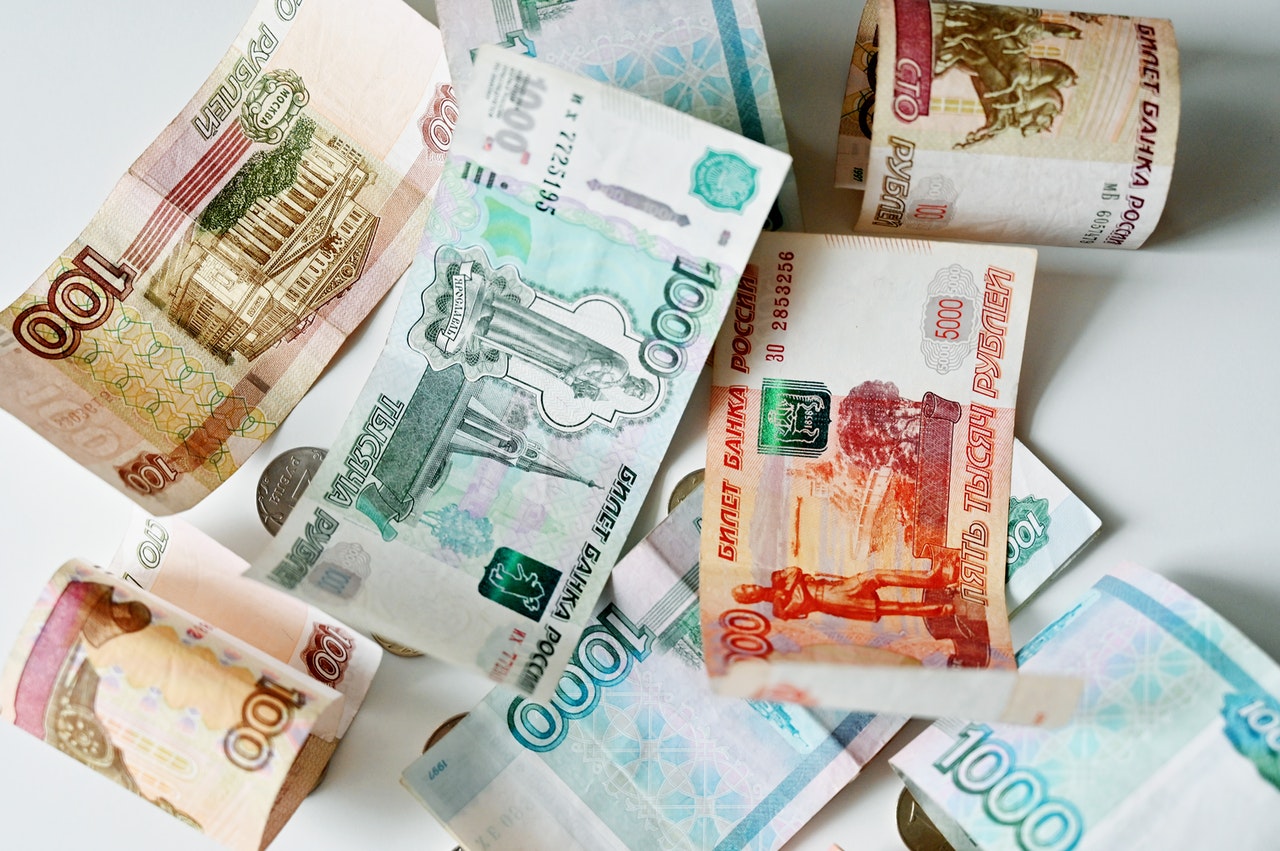In the wake of the financial panic caused by the COVID-19 pandemic, consumers are paying more for fuel, rent, food, and much more. Unfortunately, this inflation is not likely to slow down any time soon. People are modifying their investment strategies to adjust to this new inflationary environment. However, many of us are left wondering what we can do at the consumer level to protect ourselves from inflation.
Luckily, there are many steps you can take to lower the impact of inflation on your personal finances. Some tips to keep in mind when it comes to reducing the impact of inflation on your everyday spending include the following:
1. Finance or refinance your home.
During periods of inflation, interest rates tend to be very low. Currently, interest rates are not even high enough to compensate for inflation. While this makes it difficult to be a lender or a bond investor, you can benefit from the low rates with a fixed, long-term mortgage. Currently, homeowners are borrowing for 30 years at rates under 3 percent—the lowest it’s ever been.
Keep in mind you can also deduct mortgage interest expenses. Plus, the inflation-adjusted value of your mortgage payments declines as inflation rises. In other words, in an inflationary environment, you will pay less money on a fixed mortgage. Now is a great time to buy a home or refinance one that you already own.
2. Get a fixed auto loan.
You can also make inflation work for you by financing a vehicle. You need to get a fixed rate for a long period to make the financing worthwhile. With this setup, you will end up paying the loan with dollars that are worth less, which is why it is a good idea to purchase a vehicle now rather than when inflation drives the value of money down even further.
Of course, if you do not need a vehicle, then do not purchase one just to take advantage of this environment. However, if you think that you will need a new vehicle in the next few years, it could make sense to do it now, especially if you can get interest rates lower than 3 percent, which is currently very possible for people with good credit.
3. Keep a reserve of everyday items.
During times of inflation, shortages can become quite common. Unfortunately, these shortages drive increases in prices even further. For that reason, you may want to create an emergency supply of non-perishable food along with some other essentials. This can come in handy when shortages occur and stores struggle to keep up. You can gather essential items like toilet paper, canned goods, water, paper towels, candles, and matches.
You can think of this reserve as an investment since the price of goods will likely continue to increase. Furthermore, the rate of inflation will likely be higher than a savings account interest rate, so creating this reserve may be more worthwhile than putting money in a savings account.
4. Keep a budget.
While you should generally always have a budget, following it becomes especially important during times of high inflation. Pay special attention to the categories most affected by inflation, including food, utilities, education, health care, and transportation. Keeping an eye on these categories can help you avoid overspending while pointing you to ways of redirecting money, such as cutting down on unnecessary spending or shopping in bulk. Always think about the expenses you can cut that will not significantly affect your quality of life to avoid spending more than you would like on goods. Track your spending and align it with your budget at the end of each month to see how you are doing and figure out the changes you need to make. Doing this regularly avoids unfortunate surprises down the line.
5. Buy high-quality products.
The key to avoiding inflation is to reduce spending. When you are purchasing durable products, such as a washer and dryer, make sure they are high quality. That way, you will not need to replace them or have them serviced any time soon. The purchase price for these products will be higher, but consider it an investment, as you will ultimately spend less money over time. If you purchase a cheaper product, you may end up needing to replace it in just a few years, when inflation has driven up costs even more.
6. Think about energy efficiency.
The cost of energy, from electricity to fuel, increases considerably during periods of inflation. Think about your energy usage and how you might decrease it. For example, if you have a vehicle that gets poor fuel mileage, consider buying a hybrid or an electric vehicle. Reducing future fuel bills will save you a lot of money.
For your home, you might want to consider installing solar panels to offset your electricity usage. Also, sealing windows and doors can help reduce the costs of heating and cooling. Tackling projects focused on energy efficiency generates strong returns during periods of inflation because of the quickly rising rates of energy.

